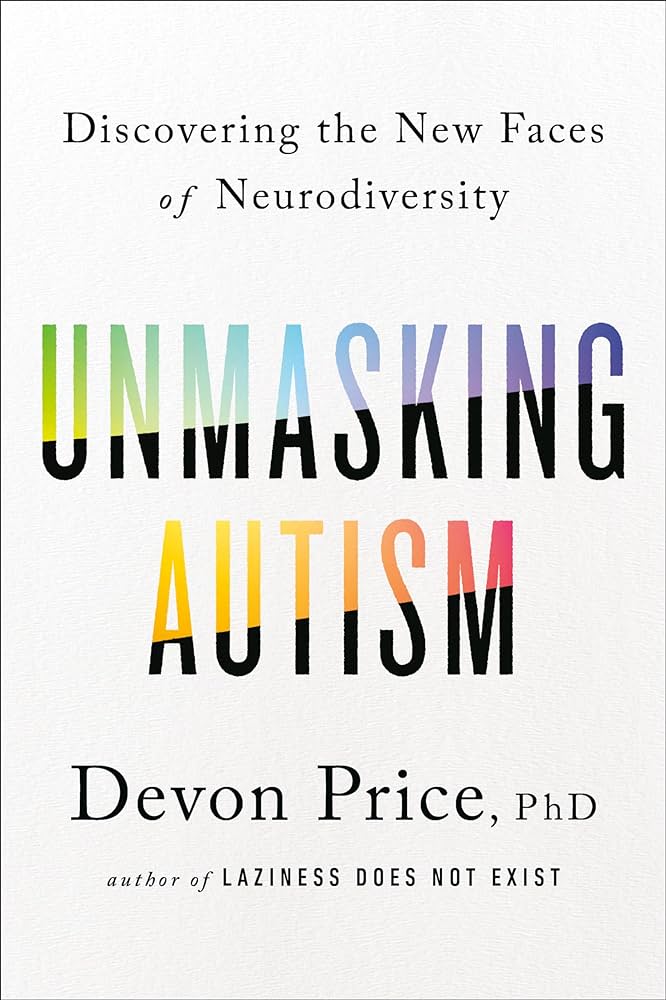It’s been said that there’s a generation of autistic people who were never diagnosed as children but are discovering later in life that maybe they should have been. These missed diagnoses were due to a variety of factors: stigma (parents avoiding getting a diagnosis for their child), not being a white cisgender boy (which is what the diagnostic criteria are based on), and an understanding of what autism is that has evolved in recent decades.
If you are an autistic person who did not receive a diagnosis as a child, you likely spent your whole life developing masking strategies in order to blend in and cope with a world that can be overwhelming. While masking can be helpful and is necessary in some situations, it takes a great deal of effort and is fundamentally about hiding one’s autistic traits: stimming, avoiding eye contact, social differences, and so on. Unmasking Autism makes the case that ideally, autistic people should be able to exist in the world unmasked, and in fact choosing to do so can help increase understanding among allistic (non-autistic) people so that autistic behaviors become more accepted.
Why did I decide to read this book? Aside from having autistic friends and relatives I want to support better, I have also started to wonder in recent months if I could be a member of that lost generation who discovers their autism in adulthood. Discovering I have ADHD was a revelation for me, and has helped me to understand how my brain works and develop coping strategies. But ADHD doesn’t explain some of the things I’ve struggled with since childhood, and autism seems to. So lately I’ve been learning as much as I can, watching videos from autistic YouTubers who seem an awful lot like me. I’m trying to think of myself as a person with autism, trying to notice the ways I mask and understand why, and finally trying to unmask in small ways around the people closest to me.
Aside from being really helpful for me, Unmasking Autism was well-written and information dense. There were plenty of research citations, but the best part for me were the stories of autistic individuals, many of whom were diagnosed in adulthood, figuring out how to unmask and be themselves.
